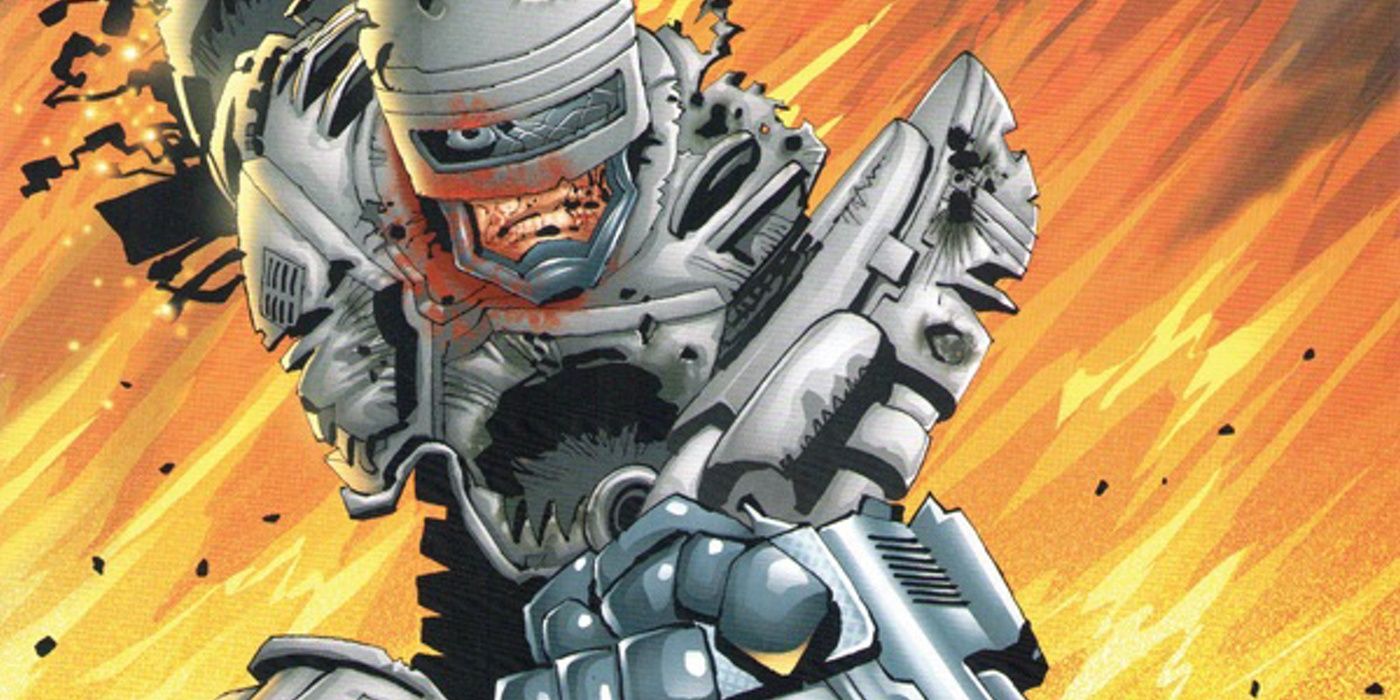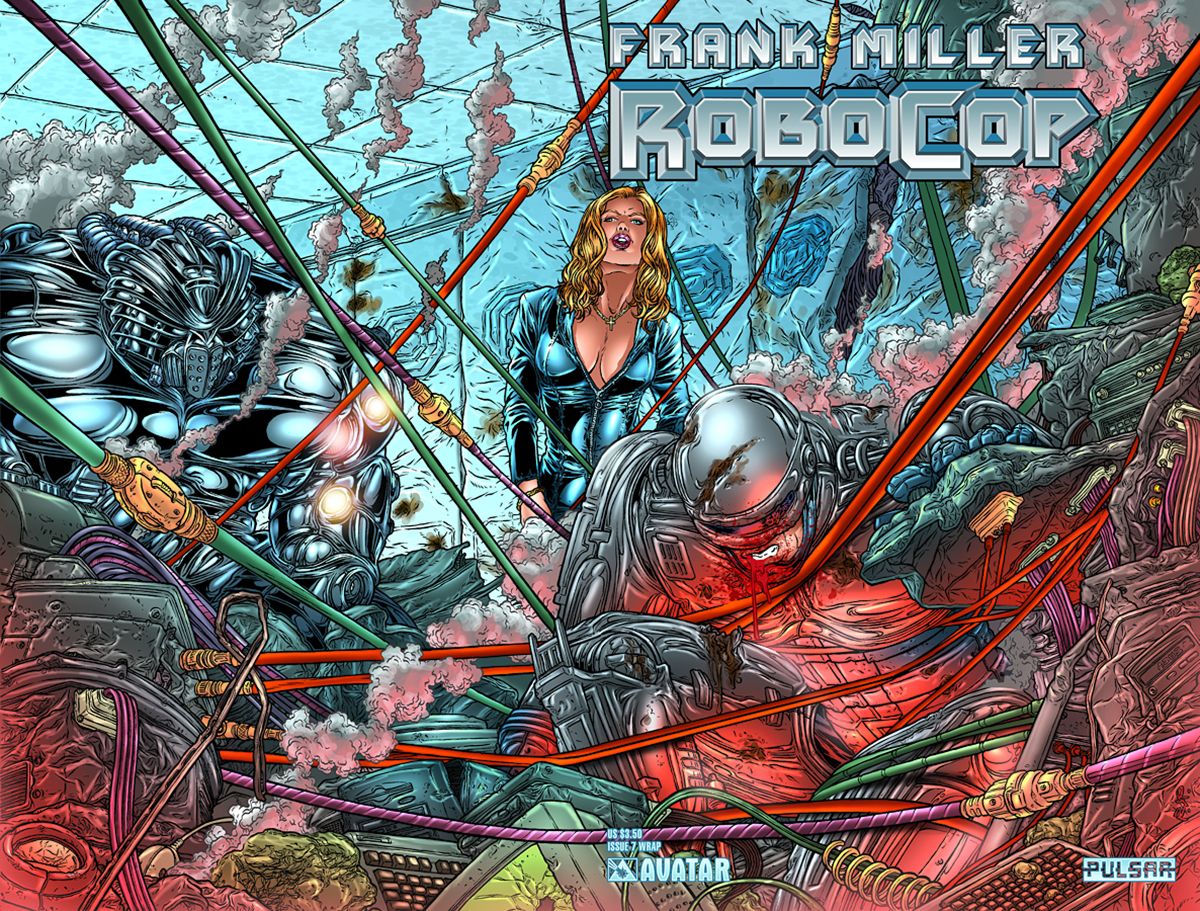RoboCop, the story of an injured cop being turned into a cyborg to get revenge on the criminal underworld of Detroit, was a smash hit when it premiered in 1987. The movie doubled as a traditional action film and a witty satire with a strong anti-corporation message. People loved it and it was even nominated for two Academy Awards.
Understandably, Orion Pictures pushed for a sequel immediately. However, the team that had created the original film was hesitant. Original director, Paul Verhoeven, left the project before it began and original writers, Edward Neumeier and Michael Miner, only ever penned a rough outline they called RoboCop: Corporate Wars. Eventually, the film was handed over to comic legend Frank Miller, who was just coming off his amazing success with The Dark Night Returns comic series.
Miller was a fan of the original RoboCop and jumped at the chance to try and do to the film industry what he had already achieved in comics. Sadly, Miller's original script was deemed "unfilmable" and was watered down significantly in draft-after-draft until, eventually, it was rewritten by Walon Green. When the film finally came out, it was slammed by critics (it's currently at 31 percent on Rotten Tomatoes) and stars Peter Weller and Nancy Allen, along with Miller himself, took care to publicly distance themselves from the whole project. Afterward, Miller's original script attained urban legend status but was never revealed -- until 2003, when Avatar Press converted Miller's script into a limited comic series called Frank Miller's RoboCop.
Looking at those comics, it is clear some of Miller's original concepts made their way into the final movie. Key ideas, such as RoboCop's human emotions interfering with his programming, Omni Consumer Products reprogramming him, and cutting down the police force and the introduction of a villainous RoboCop 2.0 were all present. That said, Miller's story does more to truly alienate the hero.
The comic focuses on a RoboCop who has been declared obsolete because he still possesses human emotions. As such, OCP hires ruthless mercenaries, known as Rehabs -- who do appear in RoboCop 3 -- to control the crime in Detroit as it works on a newer line of RoboCops. RoboCop is then left to wage war not only against the criminals, but also with the mercenaries and his own replacement. In addition, Miller aimed to focus much more on Murray's life before he became RoboCop, featuring far more flashbacks of his life as a family man. These visions, combined with OCP's attempts to reprogram him, would have seen RoboCop start to lose his sanity over the course of the film. Miller's story would have ended with a two-pronged final battle that saw the police face off against the Rehabs and Murray face off against RoboCop 2.
As difficult as it is to say that the studios may have been correct, it seems that they were right when they called Miller's script unfilmable. Not only is the content in Miller's script more polarizing than what was chosen to be in the film, but so is the scope. By placing it in a comic, equal attention was paid to RoboCop, Murray as a human, the police as a unit, and OCP as an expanding entity. Trying to do all that in a two-hour movie would have felt confusing and messy.
Miller would have crafted a film that was much darker and gorier than what was released, but it is not clear if it actually would have been received better. The comic itself got mixed/poor reviews that critiqued the story for being tired and lacking substance. However, in Miller's defense, this could also be due to the long delay between the content being written in the late '80s and premiering in the early aughts. It's impossible to say how the content would have been perceived had it actually been made into a film in 1990.


